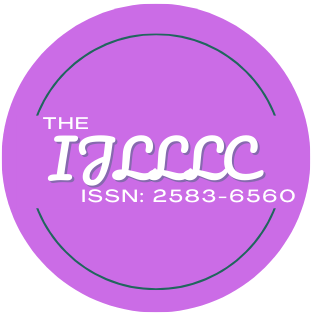| Title: METAPHORICAL MIGRATION AND IDEOLOGICAL RECONSTRUCTION IN ECOCRITICAL TRANSLATION: A CRITICAL DISCOURSE ANALYSIS OF ANTHROPOCENE NARRATIVES |
| Authors: Pengfei Bao, China |
| Abstract: In cross-cultural Anthropocene discourse, translating ecological metaphors reconstructs ecological ideologies beyond linguistic transfer. Using parallel corpus analysis and critical ecocritical discourse analysis, this study examines English-Chinese translations of Nature Is Not a Human Resource and Ember in the Deep, decoding how metaphors like “Mother Earth” and terms such as “climate crisis” negotiate global-local tensions. “Mother Earth” (translated as “地球母亲”) evolves from a Western ecofeminist symbol into a carrier of China’s “天人合一” cosmology, blending maternal imagery with Confucian ethics of harmony. Rendering “virus” as “病原体” (pathogen) softens moral stigma, aligning with Chinese ethical pragmatism. Term choices like “气候危机” (scientific objectivity) vs. “气候紧急状态” (activist urgency) reflect ideological calibration: the former anchors cautious governance, the latter accommodates global eco-activism. Through cultural filtering and semantic synthesis, translational reconstruction transforms Western anthropocentric critiques into locally specific “ecological symbiosis” narratives. By embedding global imperatives in indigenous philosophies, translation fosters transcultural dialogue, offering cognitive bridges between civilizational traditions and planetary solidarity. This study advances ecocritical translation theory by identifying metaphors as sites of ideological syncretism, critical for inclusive ecological governance in the Anthropocene. |
| Keywords: Female characters; gender Dynamics; male domination; patriarchy; subjugation of women. |
| DOI: https://doi.org/10.59009/ijlllc.2025.0114 PDF Download |
